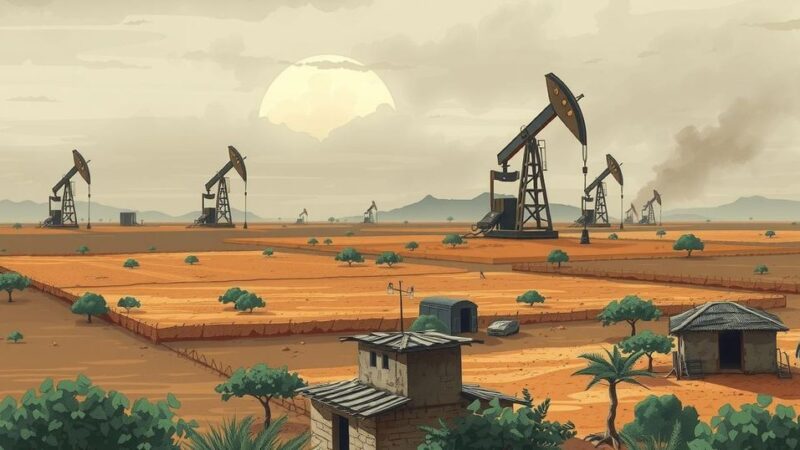Sudan has accused the UAE of complicity in genocide amid a civil war, alleging UAE support for the Rapid Support Forces, which are fighting Sudan’s regular army. The conflict escalated following a coup in 2021, with various international powers accused of supporting opposing sides. Sudan’s rich resources and strategic position contribute to the ongoing complexities in the region.
Sudan has lodged a formal accusation against the United Arab Emirates (UAE) at the International Court of Justice, alleging the UAE’s complicity in genocide amid the ongoing civil war. This complaint highlights the Gulf state’s purported involvement in the conflict, which has persisted for nearly two years between the Sudanese regular army and the rebel paramilitary group, the Rapid Support Forces (RSF). The UAE, however, has consistently denied these allegations.
The conflict has drawn international attention to Sudan, one of Africa’s largest nations enriched with abundant natural resources, such as significant agricultural lands, gas, and gold. Notably, Sudan ranks as the third-largest gold producer on the continent. Its geographical positioning, bordering Libya—where Abu Dhabi supports rebel authorities—and having a coastline along the Red Sea, further enhances its strategic importance as a major maritime route for oil shipping.
The complexities of the conflict were exacerbated in 2021 when Sudan’s army chief, Abdel Fattah al-Burhan, seized control in a coup with the assistance of his deputy, RSF commander Mohamed Hamdan Dagalo, known as Hemedti. Tensions escalated two years later as fighting erupted between these two military leaders, with various regional powers, including the UAE, Egypt, Turkey, Iran, and Russia, accused of backing one faction over the other.
The accusations from Sudan against the UAE concerning complicity in genocide reflect the escalating tensions and complexities of the ongoing civil war. As Sudan navigates its rich resources and strategic geopolitical position, the involvement of various regional powers complicates the situation further. International scrutiny and legal actions highlight the urgency for accountability in this humanitarian crisis.
Original Source: www.scmp.com






